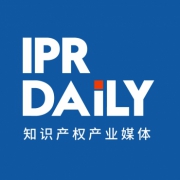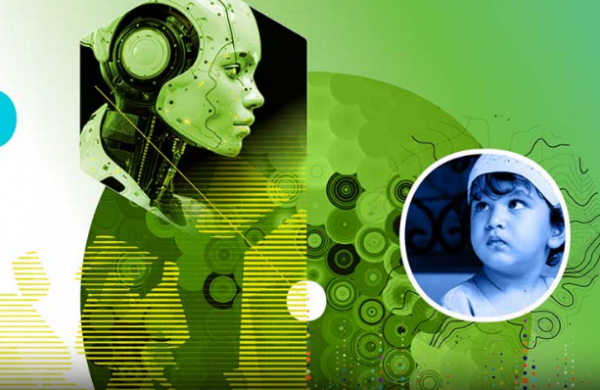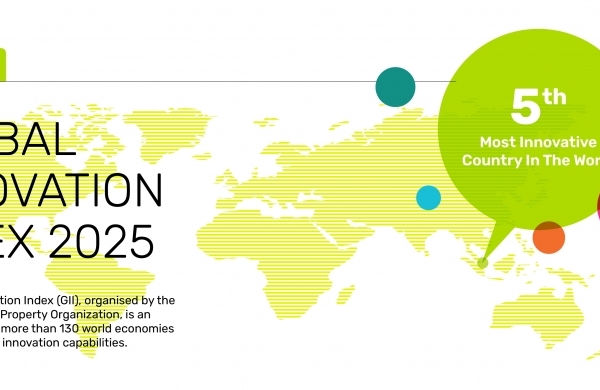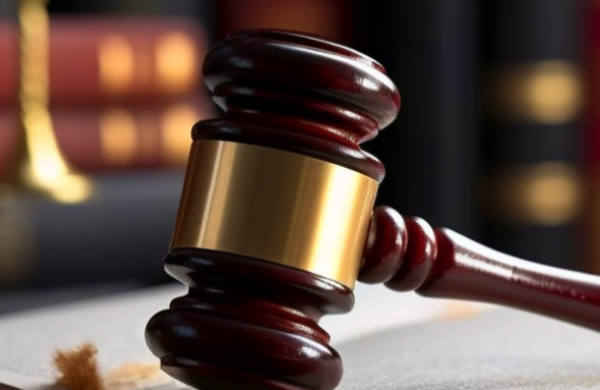Did not receive verification mail? Please confirm whether the mailbox is correct or not Re send mail

IPR Daily
- 2023-09-13 18:47:00
Recent Trends In Generative Artificial Intelligence Litigation In The United States
Over a two-week period in June and July, 2023, a number of federal class action lawsuits were filed in the US District Court for the Northern District of California, many by the same law firm, against the developers of some of the most well-known generative AI products on the market, including OpenAI, Inc. (OpenAI) and Alphabet Inc./Google LLC (Google).
On 28 June 2023, for example, in P.M. v. OpenAI LP, an anonymous group of plaintiffs filed suit against OpenAI LP (OpenAI) and Microsoft, Inc. (Microsoft) alleging that OpenAI stole private and personal information belonging to millions of people by collecting publicly-available data from the Internet to develop and train its generative AI tools—including ChatGPT (an AI text generator), Dall-E (an AI image generator), and Vall-E (an AI speech generator). The plaintiffs allege that OpenAI’s practice of using datasets of information gathered from the Internet to train its generative AI tools constitutes theft, misappropriation, and a violation of their privacy and property rights. The complaint also includes claims for violations of the Electronic Communications Privacy Act, the Computer Fraud and Abuse Act (CFAA), various state consumer protection statutes, and a number of common law claims. Emphasizing arguments that AI poses a danger to human civilization in the form of misinformation, malware, and even autonomous weapons systems, the plaintiffs seek injunctive relief, including the implementation of human oversight and human-developed ethical protocols for OpenAI’s products. In addition, plaintiffs seek various forms of class-wide damages and/or restitution on behalf of multiple classes that purport to include all persons whose personal information was used without permission.
On 11 July 2023, in J.L. v. Alphabet Inc., the same plaintiffs’ firm as in P.M. filed a similar class action complaint against Google, asserting both privacy and copyright law violations. As with P.M., the plaintiffs raise theoretical concerns relating to the proliferation of AI. The plaintiffs in J.L. argued that many of Google’s generative AI products, including Bard (a text generator), Imagen and Gemini (two text-to-image diffusion models), MusicLM (a text-to-music tool), and Duet AI (a data visualization tool), all relied on training data that Google collected from the Internet. The complaint does note that Google was transparent and disclosed its data gathering practices, but suggested that Google should have explored other options for the development of training data, such as purchasing from the commercial data market. Additionally, and without any specific evidence, the plaintiffs argued that Google violated the Copyright Act because: Google’s AI products allegedly used copyrighted text, music, images, and data for training purposes; and the AI products themselves, as well as their expressive output, constitute infringing derivative works. Like the plaintiffs in P.M., the plaintiffs in J.L. are seeking broad injunctive relief aimed at restricting Google’s generative AI products. These plaintiffs are also seeking further specific relief with respect to their claims for copyright infringement, as well as various forms of class-wide damages related to its theories.
Source:klgates.com-Christopher J. Valente
Editor: IPR Daily-Horace
- I also said the two sentence
- Also you can enter 140words
 TOP IPR U.S. Lawyers 10 & Firms 10 Selection Officially Launched by IPR Daily
TOP IPR U.S. Lawyers 10 & Firms 10 Selection Officially Launched by IPR Daily WIPO Global Innovation Index 2025: China Enters Top 10
WIPO Global Innovation Index 2025: China Enters Top 10 Singapore ranks 5th in the 2025 Global Innovation Index; climbed two spots in Innovation Outputs
Singapore ranks 5th in the 2025 Global Innovation Index; climbed two spots in Innovation Outputs Federal Circuit lacks jurisdiction over award that doesn’t raise issue of patent law
Federal Circuit lacks jurisdiction over award that doesn’t raise issue of patent law


